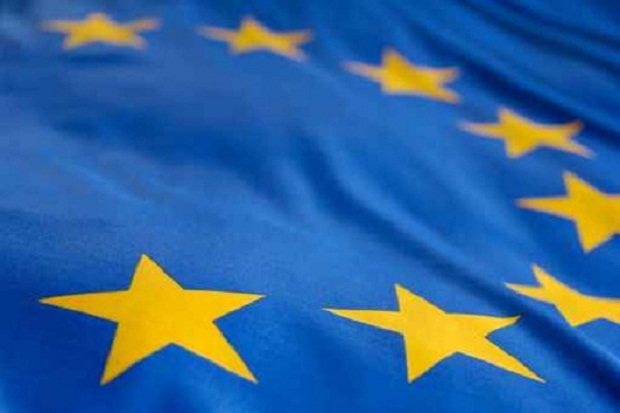European Commission laments education sector's lack of ICT skills
New Europe-wide survey calls for greater investment in teachers' IT skills.

Many teachers are ill-equipped to teach students IT-related subjects, according to a survey by the European Commission.
The study featured 190,000 responses from 27 European countries and concluded that access to skilled and confident ICT teachers is more important than being able to use the latest equipment.
However, across the countries surveyed, teacher training in ICT is rarely compulsory, meaning many teachers have to use their spare time to develop these skills.
Its findings also suggest that, while the number of computers in schools has doubled since 2006, 20 per cent of secondary-level students claim to have never (or almost never) used a computer in their school lessons.
Therefore, the report calls for greater investment in teacher training, rewards for teachers that use ICT in the classroom and the creation of new co-ordinator job roles.
Neelie Kroes, European Commission vice president for the Digital Agenda, said more should be done to give all children access to proper ICT training.
"ICT skills and training must be available to all students and teachers, not just a lucky few. We want our young people exposed to ICT in school from the very beginning, and we want teacher who are confident to share their knowledge," added Kroes.
Sign up today and you will receive a free copy of our Future Focus 2025 report - the leading guidance on AI, cybersecurity and other IT challenges as per 700+ senior executives
Meanwhile, Androulla Vassiliou, Commissioner for Education, Culture, Multilingualism and Youth, set out the economic benefits of investing in ICT education.
"We need to invest more in the development and use of ICTs in schools. Europe will only resume sustained growth by producing highly skilled ICT graduates and workers who can contribute to innovation and entrepreneurship," Vassiliou added.
-
 The modern workplace: Standardizing collaboration for the enterprise IT leader
The modern workplace: Standardizing collaboration for the enterprise IT leaderHow Barco ClickShare Hub is redefining the meeting room
-
 Interim CISA chief uploaded sensitive documents to a public version of ChatGPT
Interim CISA chief uploaded sensitive documents to a public version of ChatGPTNews The incident at CISA raises yet more concerns about the rise of ‘shadow AI’ and data protection risks
-
 European Commission approves data flows with UK for another six years
European Commission approves data flows with UK for another six yearsNews The European Commission says the UK can have seamless data flows for another six years despite recent rule changes
-
 Three things you need to know about the EU Data Act ahead of this week's big compliance deadline
Three things you need to know about the EU Data Act ahead of this week's big compliance deadlineNews A host of key provisions in the EU Data Act will come into effect on 12 September, and there’s a lot for businesses to unpack.
-
 The second enforcement deadline for the EU AI Act is approaching – here’s what businesses need to know about the General-Purpose AI Code of Practice
The second enforcement deadline for the EU AI Act is approaching – here’s what businesses need to know about the General-Purpose AI Code of PracticeNews General-purpose AI model providers will face heightened scrutiny
-
 Meta isn’t playing ball with the EU on the AI Act
Meta isn’t playing ball with the EU on the AI ActNews Europe is 'heading down the wrong path on AI', according to Meta, with the company accusing the EU of overreach
-
 ‘Confusing for developers and bad for users’: Apple launches appeal over ‘unprecedented’ EU fine
‘Confusing for developers and bad for users’: Apple launches appeal over ‘unprecedented’ EU fineNews Apple is pushing back against new app store rules imposed by the European Commission, suggesting a €500m fine is a step too far.
-
 Apple, Meta hit back at EU after landmark DMA fines
Apple, Meta hit back at EU after landmark DMA finesNews The European Commission has issued its first penalties under the EU Digital Markets Act (DMA), fining Apple €500 million and Meta €200m.
-
 ‘Europe could do it, but it's chosen not to do it’: Eric Schmidt thinks EU regulation will stifle AI innovation – but Britain has a huge opportunity
‘Europe could do it, but it's chosen not to do it’: Eric Schmidt thinks EU regulation will stifle AI innovation – but Britain has a huge opportunityNews Former Google CEO Eric Schmidt believes EU AI regulation is hampering innovation in the region and placing enterprises at a disadvantage.
-
 The EU just shelved its AI liability directive
The EU just shelved its AI liability directiveNews The European Commission has scrapped plans to introduce the AI Liability Directive aimed at protecting consumers from harmful AI systems.